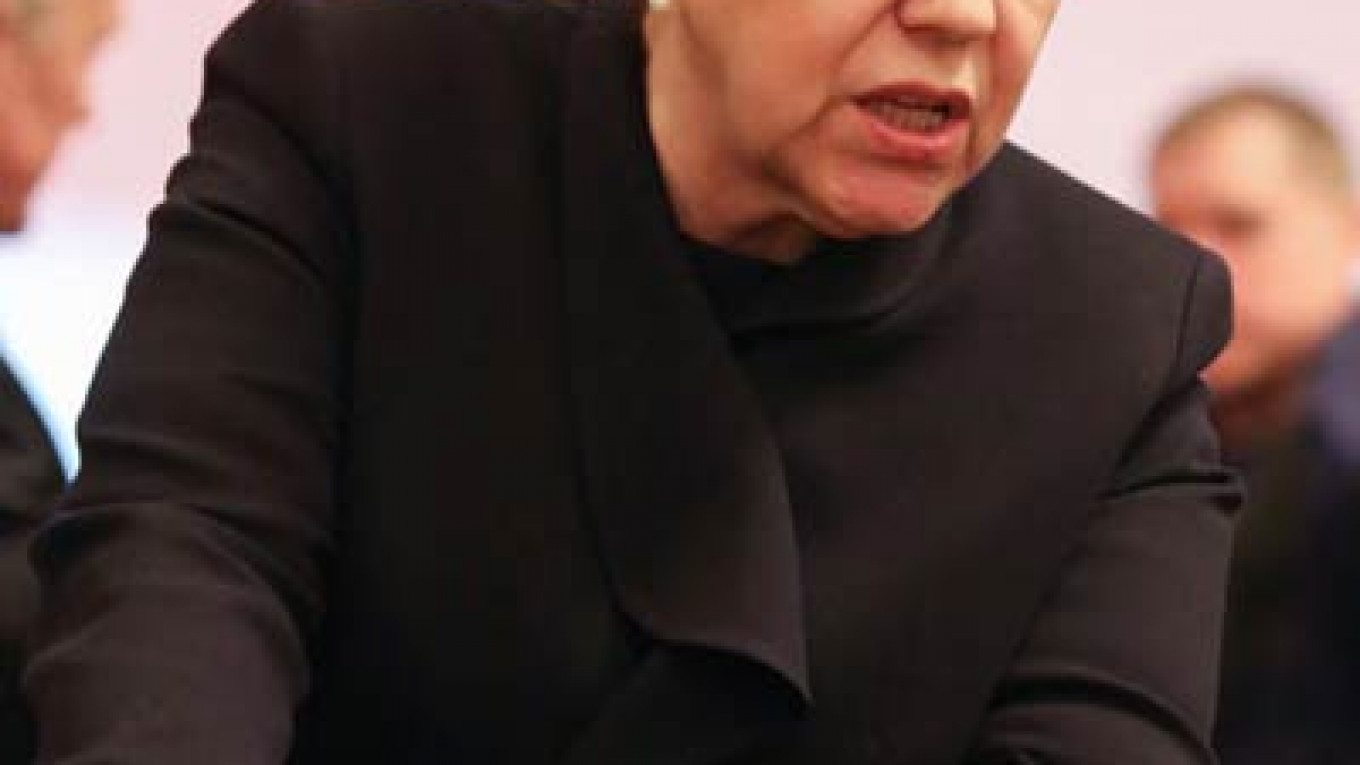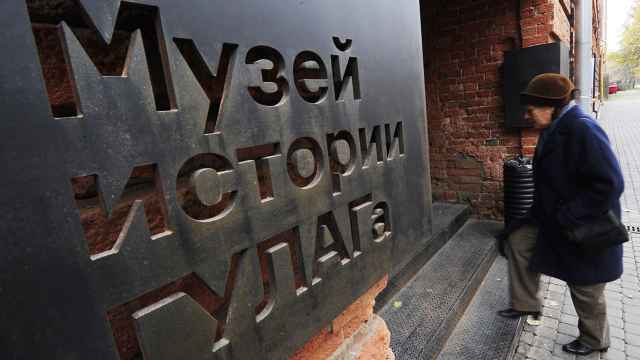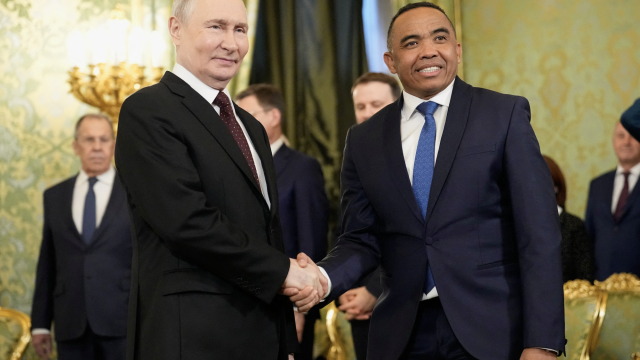State Duma Deputy Yelena Mizulina said Thursday that paying a woman to be a surrogate mother is an abhorrent practice that clashes with traditional Russian family values and should be banned by law.
Speaking at a roundtable at the Duma, the head of the Family, Women and Children Committee also said single people and unmarried couples, including gay and lesbian pairs, should also be barred from having a child through surrogacy, arguing that Russian society was against it.
"In Russia, up to 90 percent of the population is against the legalization of gay marriage and against giving homosexuals the right to adopt," Mizulina said at the roundtable, Interfax reported. "If we allow single men and women to resort to surrogate motherhood, we are negating everything our society demands."
Russia is one of the few countries in the world that allows commercial surrogacy. Surrogate motherhood is banned completely in such countries as France, Germany, Austria, Norway and Sweden, and it is only allowed on a noncommercial basis in countries including Britain, Denmark, Canada and Israel.
Mizulina, who is known for her anti-gay views and her efforts to pass laws based on conservative values, has led a campaign against surrogacy since late last year, when she called for the practice to be banned altogether.
She has since retreated from that stance, arguing that infertile married couples should be allowed to have children through surrogate mothers. Under the recommendations proposed by Mizulina's committee, surrogacy would become a last resort to solve a married couple's infertility problems.
The influential Russian Orthodox Church has in the past implored the Duma to prohibit surrogacy. In October, church official Dmitry Smirnov called the practice a "mutiny against God" and a form of "happy fascism."
The church has also derided 65-year-old pop star Alla Pugachyova and her 37-year-old husband, Maxim Galkin, for resorting to surrogacy to have two children last year.
Russian parliamentarians and officials from the health and justice ministries who participated in Thursday's roundtable agreed that legislative regulations surrounding surrogate motherhood were lacking in the country. Mizulina said the proposed bill would also seek to safeguard the rights of infertile couples who resort to surrogate motherhood to have children.
"We have to understand that couples with fertility issues should be protected by law against arbitrary abuse in this closed area, which, unfortunately, can exist," Mizulina said, RIA Novosti reported.
According to current legislation, surrogate mothers must be between the ages of 20 and 35, have at least one child of their own and have successfully passed a medical examination.
The draft recommendations, which will be considered at an upcoming session of the Family, Women and Children Committee, also suggested restricting surrogacy procedures to state medical institutions and forming expert boards composed of medical professionals, social workers and representatives of religious organizations that would approve the use of surrogacy on a case-by-case basis.
Surrogate mothers in Russia gave birth to about 1,000 children in 2012, Duma Health Committee chair Sergei Kalashnikov told Kommersant in November. Statistics for 2013 were not immediately available.
Numerous surrogacy agencies and medical clinics offer services to couples and individuals seeking to have a child through a surrogate mother. Three Moscow clinics that offer surrogacy services declined to comment on the proposed legislation when contacted by The Moscow Times on Thursday.
Contact the author at [email protected]
A Message from The Moscow Times:
Dear readers,
We are facing unprecedented challenges. Russia's Prosecutor General's Office has designated The Moscow Times as an "undesirable" organization, criminalizing our work and putting our staff at risk of prosecution. This follows our earlier unjust labeling as a "foreign agent."
These actions are direct attempts to silence independent journalism in Russia. The authorities claim our work "discredits the decisions of the Russian leadership." We see things differently: we strive to provide accurate, unbiased reporting on Russia.
We, the journalists of The Moscow Times, refuse to be silenced. But to continue our work, we need your help.
Your support, no matter how small, makes a world of difference. If you can, please support us monthly starting from just $2. It's quick to set up, and every contribution makes a significant impact.
By supporting The Moscow Times, you're defending open, independent journalism in the face of repression. Thank you for standing with us.
Remind me later.






